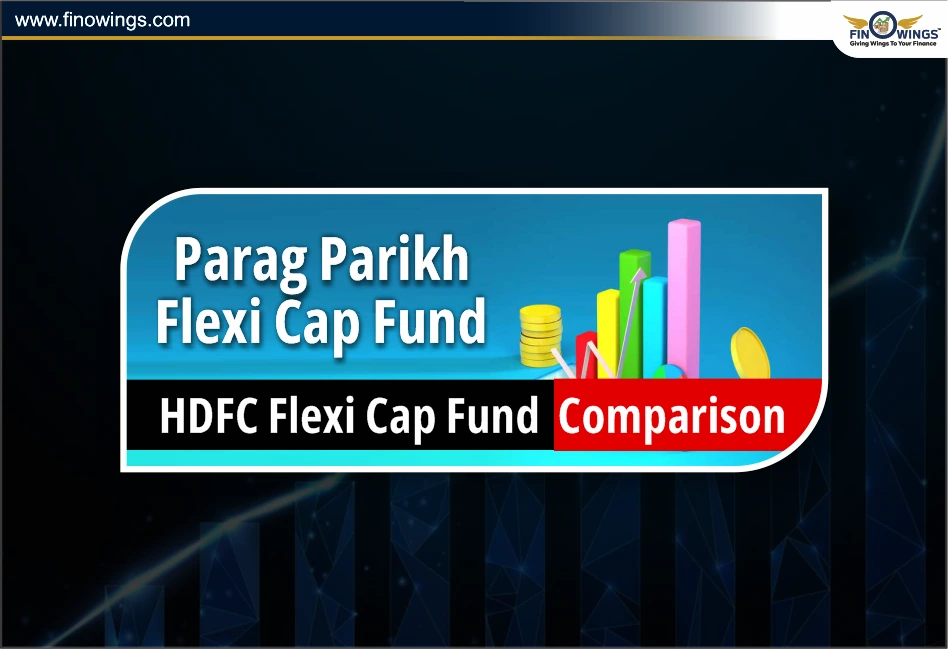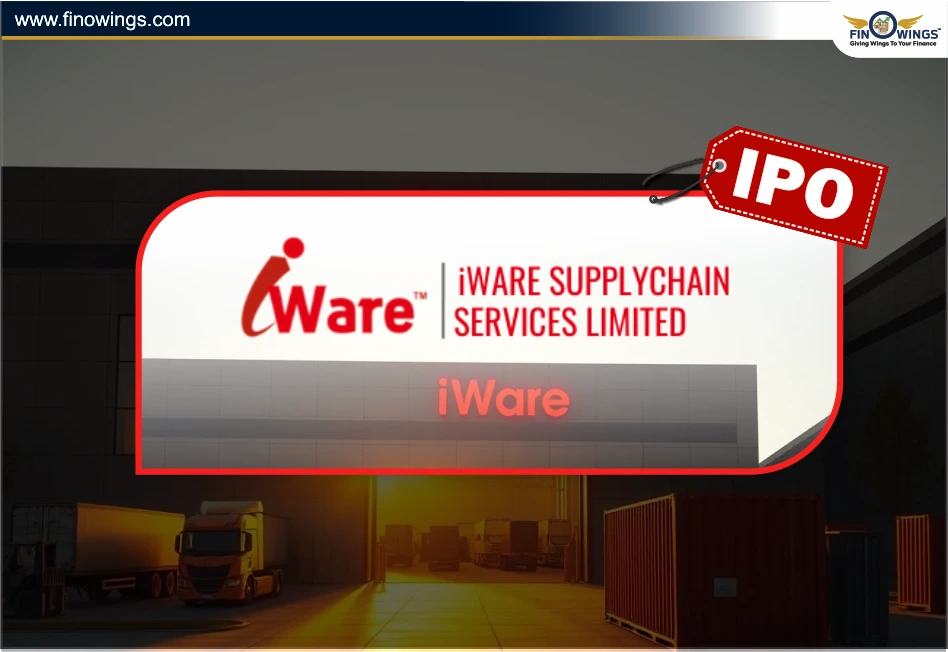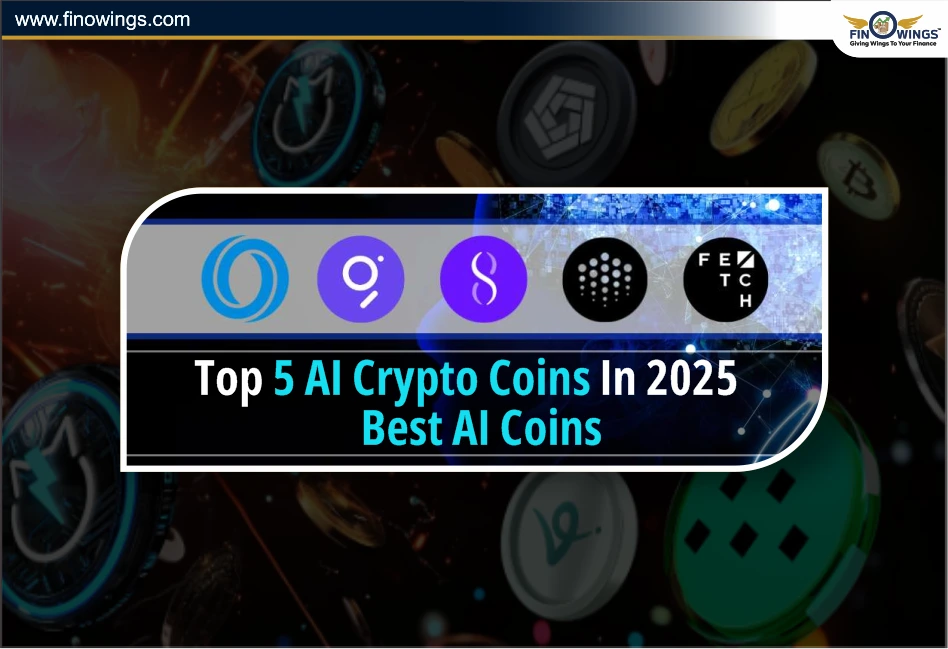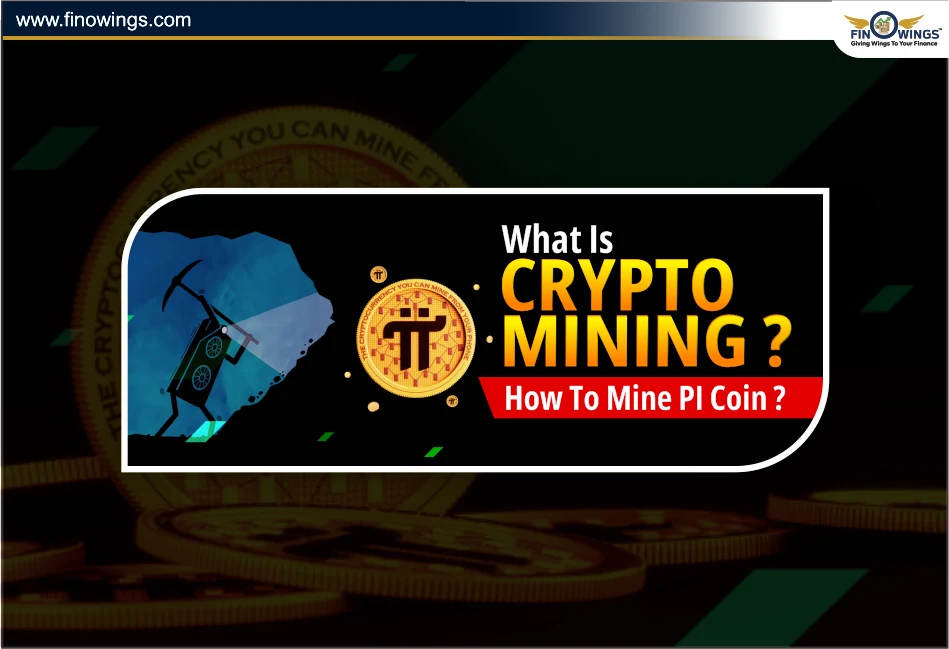Home >> Blog >> What is Blockchain Technology and Everything You Need to Know About It
What is Blockchain Technology and Everything You Need to Know About It

Table of Contents
1.What is Blockchain Technology and Everything You Need to Know About It?
Blockchain technology has recently got a lot of spotlights. This technology has captured the attention of every investor in the world, and it has quickly gained popularity. Experts have expressed confidence in this technology's capabilities. Blockchain, they believe, has the potential to improve many complex processes.
Are all of these factors sufficient to justify the investment in blockchain technology?
In this article, we'll look at the answer to this question as well as learn more about blockchain technology.
Here's everything you should know and consider before investing in blockchain technology.
2.What is Blockchain?
Blockchain technology, also known as distributed digital ledger technology, is a digital method of storing all important data. This data could not be altered or changed once it is saved. Blockchain technology is used to store digital asset data such as cryptocurrency transactions, NFT ownership, and DeFi smart contracts.
Although storing information is not what distinguishes blockchain technology, the feature of decentralisation allows blockchain technology to stand out from the crowd.
This database is completely decentralised, which means that you can share the data digitally with anyone rather than storing and maintaining it in a single location or network. Furthermore, because the stored data cannot be altered by others, sharing it on other networks is extremely secure.
Individual computers that store this data are referred to as nodes.
2.2 How does Blockchain Technology Work?
The term blockchain typically refers to the chain formed by data blocks. The new data adds time to time, forming a block and creating a chain. To keep this block identical, all nodes update their versions on a regular basis.
The technology used to create these new blocks made blockchain technology highly secure and distinct from other databases. Nodes must confirm the legitimacy of new data before forming and adding a new block to the chain. This means that unauthorised data cannot enter this digital ledger.
For example, while storing data for cryptocurrency transactions, nodes will validate whether the transaction is legitimate or whether the coins have been spent only once. Unlike a standalone database, where users can update or change data without verifying its authenticity.
Only after the nodes confirm that the transaction is secure is it added as a block to the digital ledger and forms a chain in the network. Transactions in blockchain technology that uses cryptography are safe and secure because they must solve complex problems before processing the transaction.
2.3 How to Use Blockchain Technology
Blockchain technology can be used in a variety of fields to ensure that functions run smoothly. It can provide secure and unbiased operation in a variety of fields.
-
Cryptocurrency
Blockchain technology is most commonly used for cryptocurrency transactions. It is also regarded as the core of cryptocurrency. All cryptocurrency transactions, including buying, selling, and exchanging cryptocurrency, are recorded in the blockchain. The more people use cryptocurrency, the more popular blockchain technology becomes.
-
Banking
Blockchain is also used in the exchange of other currencies such as dollars and euros. This technology makes financial transactions for banks easier, more secure, and faster. It is more convenient for banks to verify payments and complete transactions after business hours through blockchain.
-
Transfer of Assets
Different types of assets can be transferred using blockchains. Yes, you read that correctly. You can also use this technology to transfer your assets. Although it is currently more widely used to transfer digital assets known as NFTs, it is equally valuable to transfer physical assets.
To use this technology with real-world assets, both parties who want to sell and buy the assets must verify their identities on the blockchain.
The owner must prove that he or she actually owns the assets, and the buyer must prove that he or she has the funds to purchase the assets. When both parties have verified, they can proceed with the transaction without having to manually submit documents to the municipality offices.
-
Smart Contract
Another application for blockchain is smart contracts. The parties must verify themselves in the blockchain, and when all requirements are met, these contracts are automatically enacted using blockchain technology.
-
Supply Chain Monitoring
Blockchain technology can also aid in supply chain management. This technology has the potential to greatly improve the efficiency with which goods are transported from one country to another. Aside from that, knowing which vendor is of poor quality will be beneficial, as entire data can be stored digitally. You can easily detect problems and strengthen the supply chain.
-
Voting
Blockchain technology may be used to cast and count votes in order to make the voting process more transparent. Technology can help to prevent vote rigging and allow people to vote more fairly. It will also eliminate the need for manual vote collection via ballot pares.
3.Types of Blockchain Technology
|
Public Blockchain |
Private Blockchain |
|
In a public blockchain, anyone can read, write, or audit the data. It is open to everyone, but no one else can interfere with the data of others. As data that has been verified and stored on the blockchain cannot be altered by anyone or by any means. |
Private Blockchains are managed by a specific organisation or group of organisations. It is not available to everyone. Only those with permission from a specific organisation are permitted to access the data. These blockchains are not distributed across multiple nodes.
|
3.2 Advantages of Blockchain
If used correctly and efficiently, blockchain technology has several advantages. Let's take a look at some of the most common blockchain benefits.
-
Accuracy
The most significant advantage of blockchain technology is its accuracy. It uses multiple nodes to verify the information in the database, which reduces the possibility of errors. These multiple stages of data verification before storage strengthens the accuracy of blockchain. Unlike traditional databases, where assets must be identified and tracked manually to ensure accuracy.
-
Security
Data that has been verified and stored in blockchain technology cannot be tampered with by anyone or by any means. This makes the database extremely safe to use for a variety of purposes. Even after distributing data to multiple computers, it is nearly impossible to commit fraud in the blockchain.
To hack this system, one must first hack each node, which is a difficult task. To make transactions more secure, blockchain platforms employ proof-of-stake or proof-of-work transaction verification methods, making cheating extremely difficult on this platform.
-
Transfer efficiency
The technology is digital and works around the clock, making asset transfers from anywhere in the world simple and efficient. People can process transactions in minutes using blockchain technology instead of manually waiting for approvals from various organisations.
-
End the need for intermediaries
The two parties can communicate and process the transaction directly using blockchain technology, eliminating the need for a third party. This means you won't have to pay any fees to intermediaries and will save a lot of time.
3.3 The disadvantages of Blockchain
Despite the fact that blockchain technology is extremely secure and accurate, it is not without flaws. Blockchain has its own drawbacks that must be addressed in order to make this technology more accessible.
-
Limitation of transaction
Blockchain uses a large network to verify any transaction and has a limit on how many transactions it can process per second. Scalability issues in this technology may arise as a result of speed limitations and an increasing number of transactions.
-
High-priced technology
To verify the transaction, this technology employs multiple nodes. In comparison to a single database, all of these nodes consume more electricity to function efficiently. Aside from that, this technology has a negative impact on the environment because it produces a lot of carbon. Many businesses are abandoning blockchain due to its negative environmental impact.
-
Risk of asset loss
You will be given a cryptographic key to access your assets when you secure them. You must keep this safe because it is your means of gaining access to your assets. However, if you misplaced this key, there is no way to recover it. You will permanently lose your assets. There is currently no other way to regain access to those assets.
-
Illegal actions
The increased confidentiality and privacy of blockchain encourage illegal activity on this platform. When transferring data from one node to another, blockchain technology ensures privacy. This additional secrecy makes tracing illegal activity on this platform difficult.
3.4 Investment in Blockchain
When it comes to investing in this newly discovered technology known as the blockchain, there is a lot of speculation in people's minds. To dispel all of these rumours, we will go over investing in blockchain in depth in this section.
3.4.1 How to Make an Investment in Blockchain Technology
Blockchain is a digital method of storing and sharing data across networks. As a result, you cannot invest in this technology. Nevertheless, you can invest in blockchain assets or companies that use this technology.
To invest in blockchain technology, cryptocurrencies such as bitcoin, Ethereum, and other tokens are a good option. Companies such as Santander Bank and others are also experimenting with this technology. You can also buy stock in these companies and invest in the blockchain.
Additionally, ETFs that invest in blockchain assets and companies are a good way to incorporate blockchain technology into your portfolio.
3.4.2 Is investing in blockchain technology worthwhile?
You already know how to invest in blockchain technology, but the question is, with so much hype surrounding this technology and governments in so many countries warning investors of the risks associated with digital currencies, is it really worthwhile to invest in blockchain technology?
The answer is not yet obvious. This currency is extremely volatile. You can make a very good return on your investment in a short period of time, but you can also lose a lot of money.
We have also seen many scams in cryptocurrency in 2021, making it even riskier. Furthermore, the government has imposed high taxes on the transactions of these digital currencies, which is a disadvantage in terms of earning a good return.
However, the technology is still in its early stages, and it has the potential to be a game changer in the future. In the long run, this could be a good investment because blockchain technology has a lot of potentials.
You can diversify your portfolio by investing in blockchain technology in the long run. Before making an investment, conduct research and keep an eye on what sophisticated investors are purchasing, to make an informed decision.
4.Final Thought
To summarise, blockchain technology still has a long way to go before it can become a more sustainable option for investors. There are many obstacles this technology is yet to overcome, but we are confident that this technology will emerge as a game changer in many fields in the future.
Frequently Asked Questions
Absolutely yes, a company can put up a private blockchain to keep its sensitive data.
The price to set up a private blockchain varies depending on the company. The criteria, blockchain platforms, technologies, and tools a company utilises are some of the factors that affect how much a blockchain project will cost.
Blockchain technology is reliable, and the codes it uses are incorporated into the digital code. This technique distributes the data it stores among a number of nodes. One must break each node in order to hack this system. Although arduous, the work is not insurmountable. Thus, we can draw the conclusion that while blockchain technology is secure, it is not completely immune to hacking.
Some of the fundamental characteristics of blockchain include decentralisation, improved security, distributed ledgers, and consensus algorithms.
Blockchain technology uses a lot of electricity, which can lead to pollution that is bad for the environment and can cause greenhouse gas emissions.


















